Read about how Girl Guide and Girl Scout Organisations around the world are returning to face-to face activities
CASE STUDY: Mouvement des Guides et Eclaireuses du Niger
We asked Mouvement des Guides et Eclaireuses du Niger how they adapted their activities:
We provided guidance on how to wash your hands, how to wear a face mask correctly, how to socially distance and how to appropriately cough and sneeze. We welcomed members back with a celebration of Niger Independence Day and paired this with tree planting.
CASE STUDY : The Scouts and Guides of Oman
We asked The Scouts and Guides of Oman how they adapted their activities:
We shared the national state guidelines for responding to COVID-19 with their members and reminded them that this was an individual and societal responsibility.
National guidelines included wearing a mask, maintaining a social distancing of at least two meters, and continuing to clean hands with soap and water, or using alcohol sanitiser, avoiding touching the face, mouth and eyes, following healthy habits when sneezing and coughing, and not leaving the house unless necessary.
As an Association we monitor the extent to which, different teams follow these precautionary measures.
CASE STUDY: Girl Scouts of Taiwan
Girl Scouts of Taiwan did not provide risk assessment guidance, as this is part of the usual basic leaders’ training. They provided the following guidance more Girl Scout troops. They provided the following guidance for all troops:
25 Feb - July
- If there are still local cases, no overnight or long-time indoor activities should be held. Only short indoor troop meetings or outdoor troop meetings can be considered.
- Health status check and participants’ records must be kept.
- Masks should be worn during all activities.
July onwards (Please note that the following are our face to face activities guidance only if there has been no local cases for 3 months)
During this time several camps were held under the following conditions:
- Mask is only necessary in indoor settings. Participants are asked to bring one mask for each day at the camp.
- Temperature of participants is taken daily and records are kept. A different sticker will be given each day after temperature is taken.
- Hand washing and sanitising is practised at all times.
- Activities involving loud voice (singing, yelling) and body touch are avoided.
- Avoid material sharing during activities.
Sleeping arrangements
- The best is to do only day activities without need for sleepover.
- In the case of sleepovers/overnight camps, capacity is reduced by half. E.g. only 2 persons in a 4-person tent.
Meal arrangements
- If shared dishes, common utensils will be used to scoop food
- It is advisable to provide individual pre-packed meals
- Cooking is done in patrols
First aid and medical emergency
- If a participant is unwell (has COVID-19 symptoms) wear a mask immediately and report this to a leader
- Participants will be isolated immediately and parents are called to bring them home or to a doctor.
- The event organiser should be prepared to provide health authorities with details of other participants if someone has a positive case of COVID-19.
- If there is a participant unwell, all other participants are required to wear a mask for the remaining of the camp
- If there are more than two participants with symptoms from the same patrol/tent, then the whole camp will be dismissed
- First Aider/leader should wear a mask before attending to any participant who is unwell, and must wear gloves if it involves managing an injury or bandaging.


